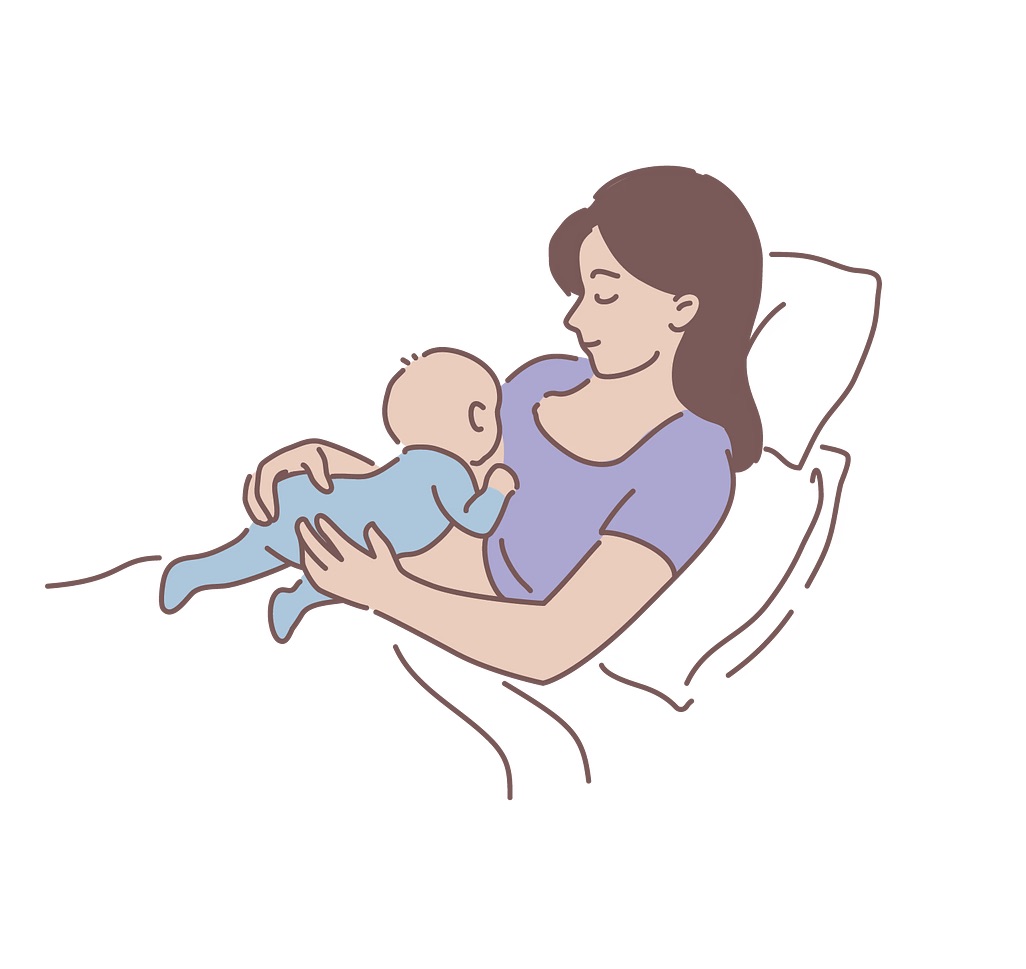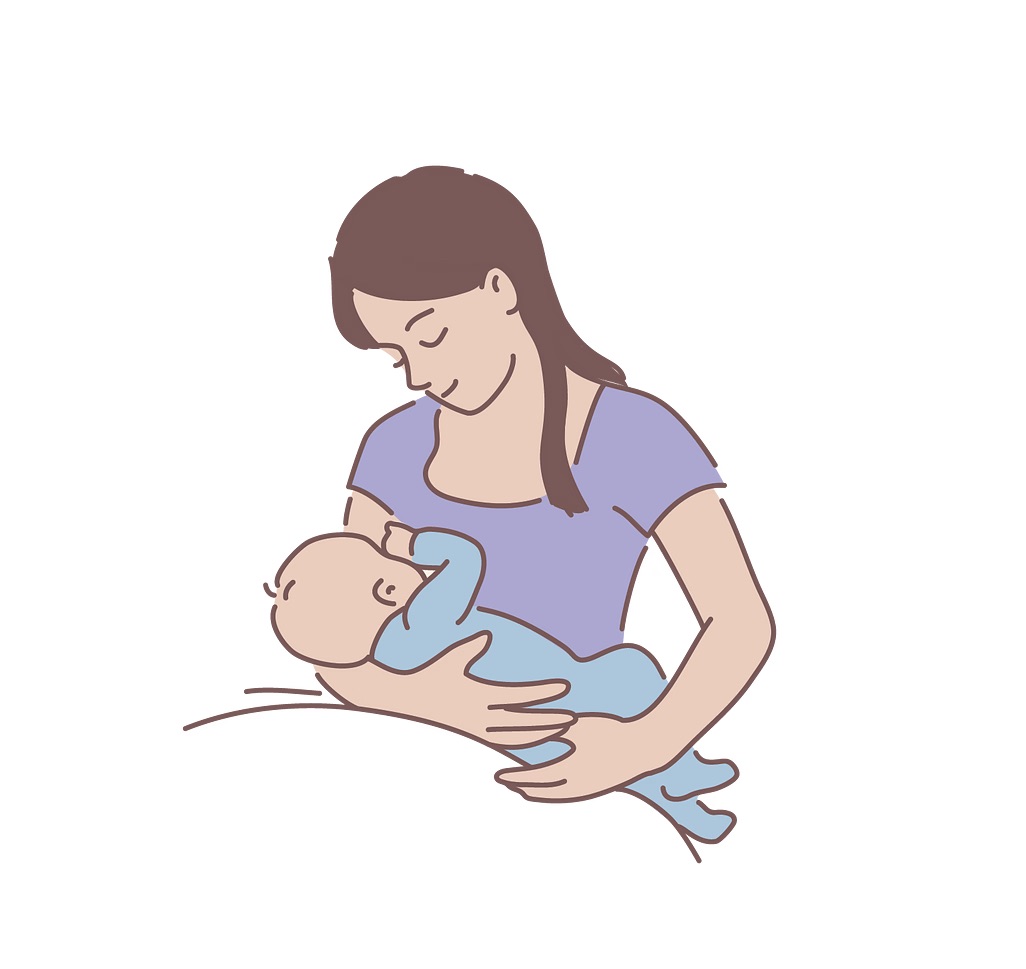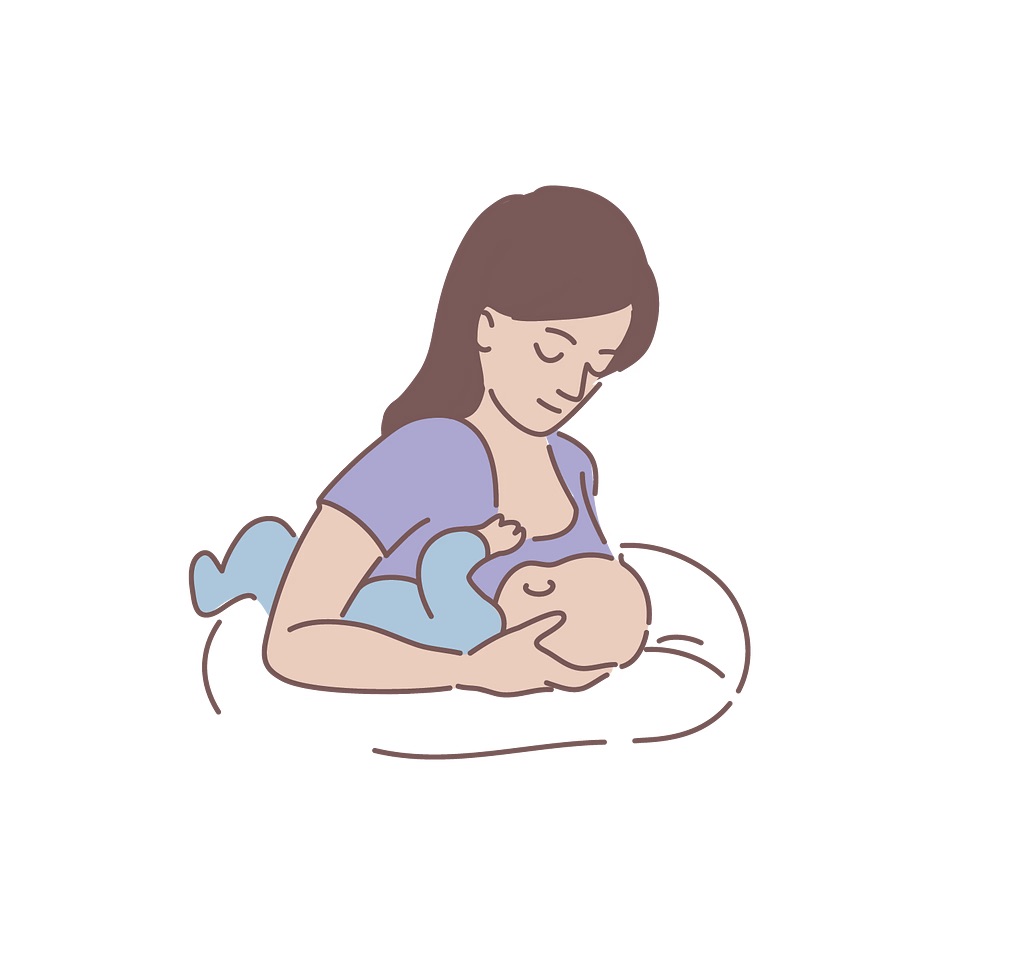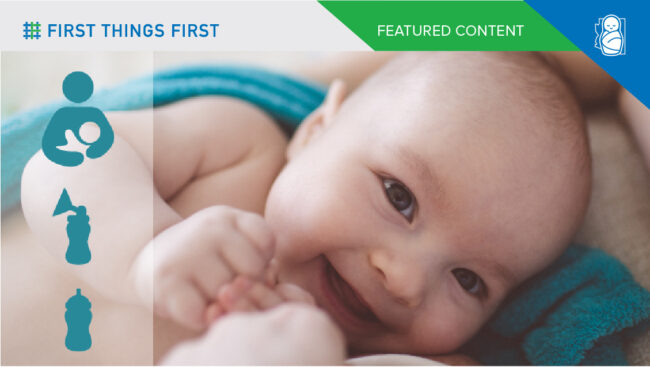Breastfeeding is natural, but that doesn’t mean it’s always easy. If you’re planning to breastfeed, you deserve support—and there’s help out there.
Breast milk gives your baby everything they need to grow strong and healthy. It also helps protect them from illnesses like ear infections, asthma and allergies. And for moms, breastfeeding lowers the risk of breast cancer and helps your body recover after birth.

Getting Started with Breastfeeding
Most babies are ready to breastfeed within the first hour after birth. Try to keep your baby skin-to-skin on your chest—it helps them feel safe and helps you both start bonding right away.
Here are a few things that can help early on:
- Ask if your hospital has a lactation consultant. They can show you what a good latch looks like and answer questions.
- Keep your baby in your room as much as possible.
- Your first milk is called colostrum—it’s thick and packed with nutrients and antibodies. It’s exactly what your baby needs in the beginning.
- Try to avoid bottles or pacifiers until your baby is breastfeeding well.
Basics of Breastfeeding
- Get comfortable. Choose a place and a feeding position where you have good support for your back and neck and it is easy to hold your baby.
- Your baby’s head, shoulders and hips should all be facing you, so they do not have to turn their head to breastfeed.
- Your baby’s mouth should cover the dark area around the nipple.
- Feed on one breast until it is empty, for about 10 to 20 minutes. Then burp your baby and switch breasts.
- If your breasts are swollen and tender or they leak, try to breastfeed more often. Or try warm compresses or a hot shower before you breastfeed.
- If you still have sore nipples after the first few weeks, your baby may not be latching on well. Talk to your doctor or a breastfeeding expert. Contact the WIC Breastfeeding Program or La Leche League. WIC’s website also offers tips on getting a good latch.
Breastfeeding Positions to Try
Here are three ways to hold your baby while breastfeeding, but these are not the only ways. WIC has more information and advice about breastfeeding, including positions.
 |
Laid Back Lie back with good back support. Your baby faces you, tummy-to-tummy, and their mouth is on top of your breast. This is a good position for babies learning to breastfeed |
 |
Cradle Hold Rest your baby across your stomach, with their head in the bend of your elbow. You and your baby are tummy to tummy. You can also support your baby with your other arm. |
 |
Side Hold Place your baby on a pillow at your side and use one hand to bring their head to your breast. This position is good for small babies or mothers who have had a C-section. |
What You Eat and Drink Matters
When you’re breastfeeding, some of what you eat and drink can pass into your milk. Here’s what to keep in mind:
- Most foods are safe. But if something seems to upset your baby (like dairy or caffeine), try cutting it out for a few days and talk to your doctor if things don’t improve.
- Keep taking your prenatal vitamins unless your doctor says otherwise.
- Your baby may need extra vitamin D while you breastfeed. Ask your provider about supplements.
- Most medications are safe while breastfeeding. Always check with your doctor about prescriptions, over-the-counter meds and herbal remedies.
- Avoid smoking, vaping or secondhand smoke—it’s harmful for your baby.
- Had a drink? Wait 2–3 hours before breastfeeding.
Common Breastfeeding Challenges
Breastfeeding can take practice. Don’t suffer in silence. Reach out to your local WIC office, La Leche League or health provider for help.
- Engorgement (when your breasts are too full and uncomfortable): Try feeding more often or using a warm compress before nursing.
- Leaking: Totally normal! Breast pads can help.
- Sore nipples: A good latch usually fixes this. If pain lasts beyond the first few weeks, talk to a lactation expert or your doctor.


